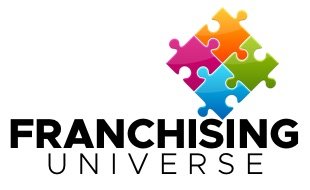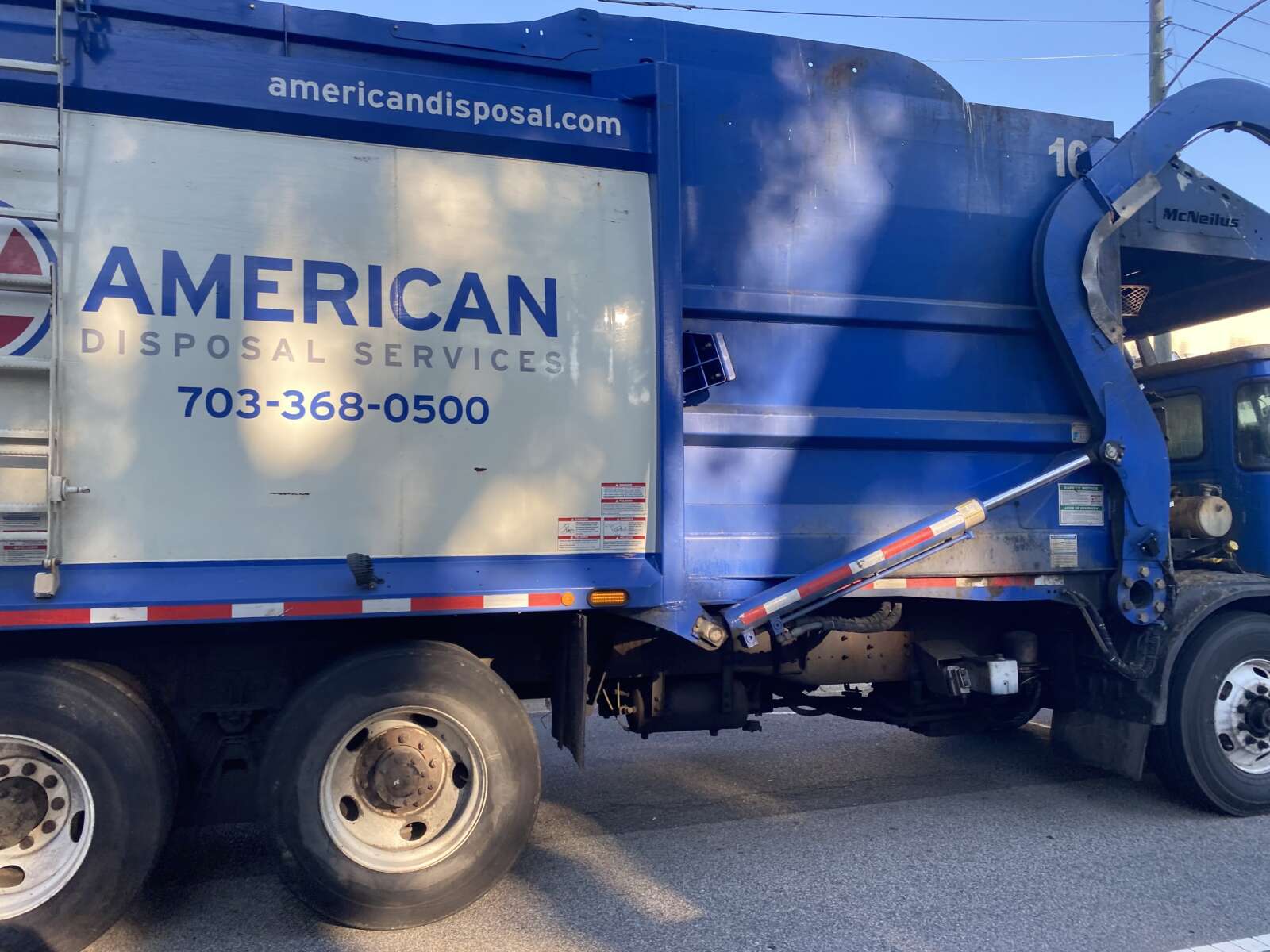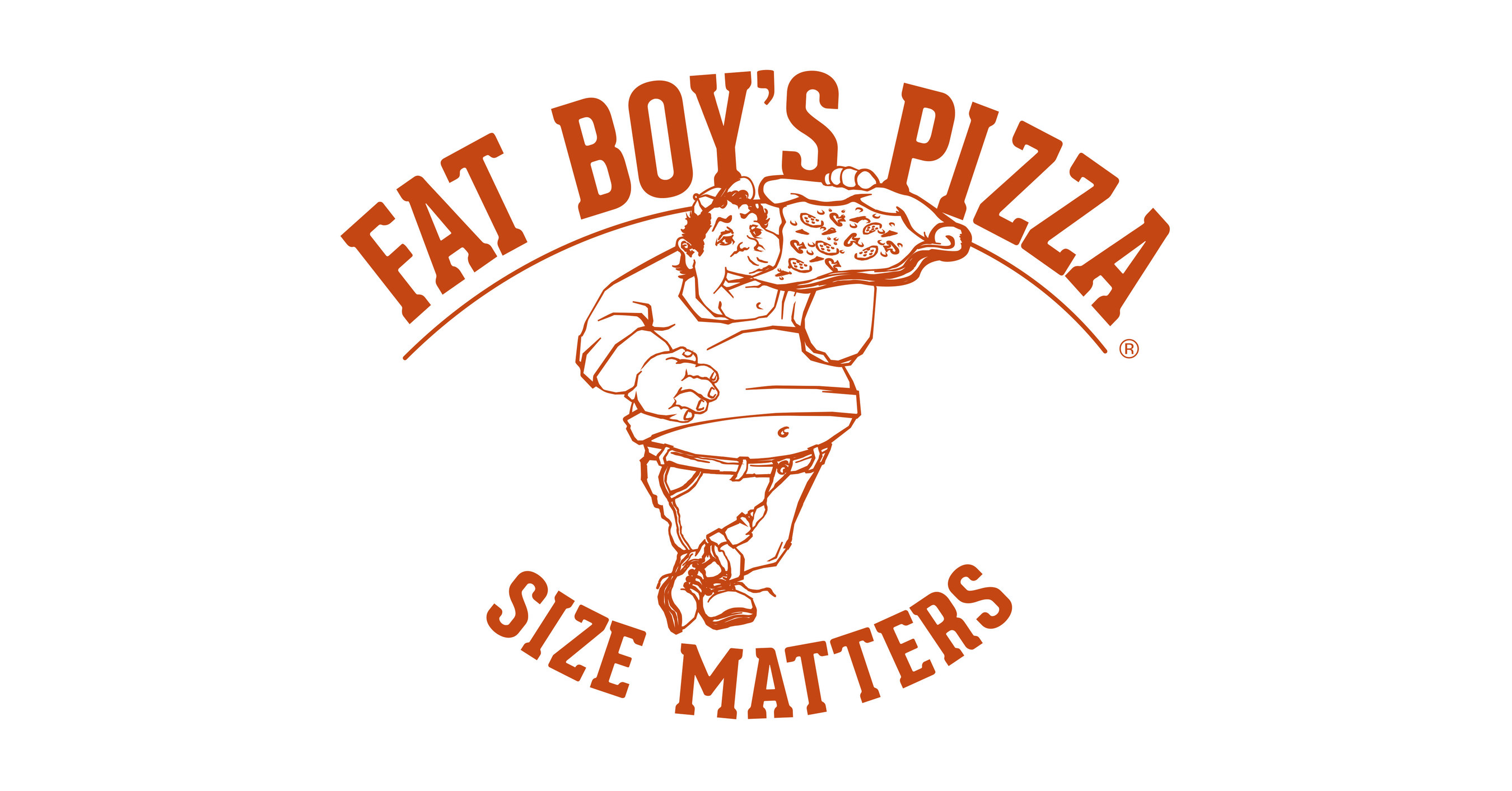Fairfax County will ask the Virginia General Assembly for more authority to fix its trash troubles, as complaints about American Disposal Services continue.
At Tuesday’s (Oct. 18) legislative committee meeting, the Board of Supervisors once again dove into the persisting problems with trash pickups by the private, contracted collectors that serve about 90% of residents and almost all businesses in the county.
Throughout this year, the county has received many complaints about the contractors’ performance, especially American Disposal, which cut back on pickups this spring.
In late September, the county signed a consent agreement with the company. According to Providence District Supervisor Dalia Palchik, the agreement obligates American Disposal to hire more drivers and customer service personnel, increase salaries, and credit customers for missed pick-ups, starting Jan. 1. It also imposes a $5,000 fine on the company.
Per Palchik’s newsletter, the contractor has until Dec. 31 to “make the necessary schedule modifications” and maintain adequate staff and equipment to resolve its service issues. Customers must be notified of any changes to their collections by that date as well.
FFXnow was unable to reach American Disposal for comment.
Meanwhile, the county is considering lobbying state lawmakers to ease restrictions on its ability to impose its own trash pick-up model.
“This surge in complaints, which account for approximately 86 percent of all waste collection complaints received by the County, has led to consideration of alternative solid waste management system models, and whether such alternatives could improve the quality and/or reliability of service delivery,” a staff report says.
One alternative would be to implement a franchising model, which Virginia law currently allows localities to do.
“Under a franchising model, the County would likely be divided into several different zones, and each zone would be served by a single collection company. Customers would pay for service based on County-negotiated rates,” the staff report notes.
However, the state code complicates the county’s ability to enact this model. Notably, if franchising ends up prohibiting a currently contracted company from continuing to service the county, the county either has to essentially wait five years to start franchising or pay the affected company a year’s worth of gross receipts.
“The code makes [franchising], quite frankly, impossible. It might as well be banned outright,” Braddock District Supervisor James Walkinshaw said Tuesday. “The five-year delayed implementation date, obviously, prevents anyone from doing it. That’s why no one in the Commonwealth has done it, to my knowledge.”
The code does have some exceptions, mainly for if a trash pick-up company is so inadequate at its job that it’s “threatening public health and safety” and is breaching the contract.
McKay asked the county legal team what would constitute a breach of contract, noting that an answer would probably have to come at a later date.
“Where do we think the line is where [it’s] threatening public health and safety?” McKay said. “[Are] we potentially getting near reaching that? If we have multiple consent agreements and trash laying out and it’s a public…health issue and they are obviously not fulfilling the agreement. It’s probably a pretty high bar, but we should know that if these problems persist.”
Per staff recommendation, the committee voted in support of asking the General Assembly to provide “flexibility” for a franchise model. This could mean wiping out or altering these “onerous requirements” to make it easier for the county to franchise trash service.
Walkinshaw made it clear that this doesn’t mean the county will definitely go the franchising route. It simply seeks the ability to do it without facing a huge delay or a big payout.
The fact that the county has to ask the General Assembly for this authority harkens back to Virginia’s Dillon Rule, which McKay recently told FFXnow is becoming “increasingly more intrusive” in the county’s day-to-day operations.
Walkinshaw also suggested updating the Virginia code with some of the options detailed in the consent agreement, like the ability to levy fines and make companies credit customers for missed pick-ups.
“It seems to me that if we are able to come to a consent agreement with a particular hauler, that they have to credit customers for missed pick-ups, then everyone should be held to that. If we think that’s important, why wouldn’t that be in the code?” Walkinshaw asked.
All supervisors agreed that the county should ask for alterations to the state code, but a few cautioned that not all county residents are having trash issues, noting that a new model might make things worse for others. Palchik suggested instituting a pilot program first to gauge what works.
But first, state legislators would have to grant the county more authority to manage its own trash collecting.
“We obviously support broadening authority,” McKay said.






